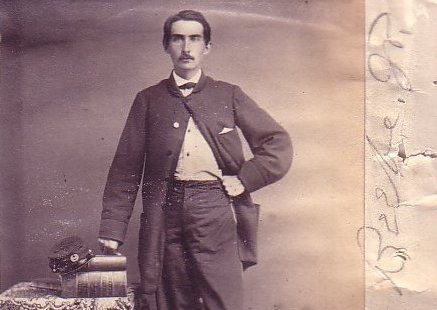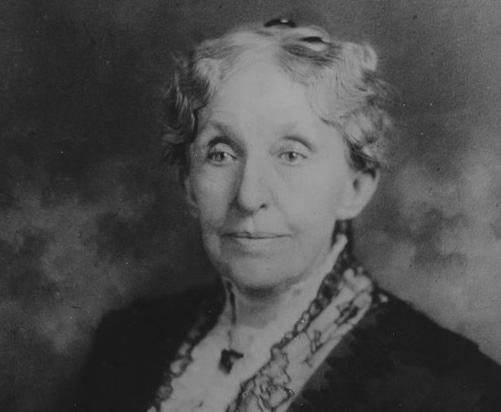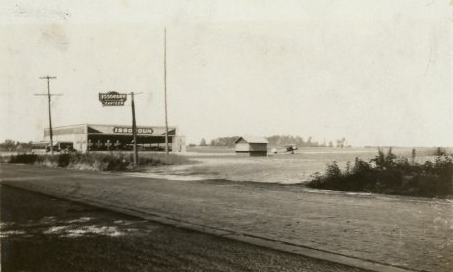Probably nothing ever happened in the 100 years of Hudson's existence that caused more consternation, for the time being than did the news which came on Friday of the closing of the Produce Exchange bank owing to the deification of the Cleveland cashier, George A. Rose.
Hudson Independent, January 29, 1904
The Bank Failure of 1904
By James Caccamo
Ex Libris, January-February 1986
The day must have seemed like any other day to Arthur H. Dittrick (1872-1948), the head cashier of the Hudson branch of the Produce Exchange Bank of Cleveland. Little did he know, when he opened for business on January 22, 1904, that by noon, the bank would be forced to shut its doors. Mr. Dittrick was instructed over the telephone that he was not to pay out or receive any more money. The Produce Exchange Bank had failed, and its Hudson Branch along with branches in Bedford and Defiance, were brought down with it.
Hudson citizens had no reason to suspect the solvency of the bank. Produce Exchange had been doing business in Hudson since 1894, and, as the Hudson Independent of January 29, 1904 reported, all but four of the local businesses kept their accounts at the bank. In addition, “Nearly every wage earner and farmer in the vicinity had money in the bank, many of them the savings of a life time. Many children also had money on deposit…”
As more became known, the more worried Hudsonites became. Many businesses were having payment checks returned for nonsufficient funds. At the Hudson branch alone, approximately $200,000 in deposits were tied up. On the evening of January 22, an officer of the Cleveland Trust Company came from Cleveland and took all of the branch’s funds.
When the Produce bank officials discovered that the facts were known to other financers they realized that to attempt to longer keep the bank open and make up the stolen money was impossible as immediately after the news became public there would be a "run" on the bank and it would be useless to attempt to stand the strain. Therefore in order to deal fairly with all the patrons they made an assignment to the Cleveland Trust Company.
Hudson Independent, January 29, 1904
The irony of the situation was that the failure was not from local mismanagement. By all accounts, Mr. Dittrick was a scrupulous banker, and the Hudson branch itself was in excellent condition. The problem was with the home office, where a cashier by the name of George A. Rose confessed to embezzling nearly $200,000 in the bank’s funds to finance his own business ventures. Rose told investigators that he had, for many years, been investing funds that he obtained by manipulating the bank’s accounts. These funds were put into grain futures. When Rose felt the pressures of having to account for the money, he attempted to secure a loan to cover the discrepancy; when other banks discussed the matter with Produce Exchange the directors implemented the bank closings.
After verification of the books, depositors were paid $0.20 on the dollar by the Cleveland Bank Trust Company, which had inherited Produce Exchange’s businesses as Produce Exchange folded. In addition to the depositors who lost their money, and the losses taken by the businessmen whose commerce was interrupted by the bank failure, other Hudsonites, those who held stock in Produce Exchange Bank of Cleveland, had even bigger problems. Not only did they lose their stock investment, buy they also were held liable for some of the bank’s losses. These investors included Clarissa M. Gregory, granddaughter of David Hudson; Arthur H. Dittrick, the head cashier; H.B. Foster; L.T. Marrott; and Fried Seidel: all innocent victims of another man’s dishonesty.
The bank failure appeared to be the final blow for Hudson, which was still staggering from the closing of Western Reserve Academy the year before, from the disastrous fire of 1892, and from a general sense of malaise that didn’t start to let up until the first Home Day celebration in 1906.



